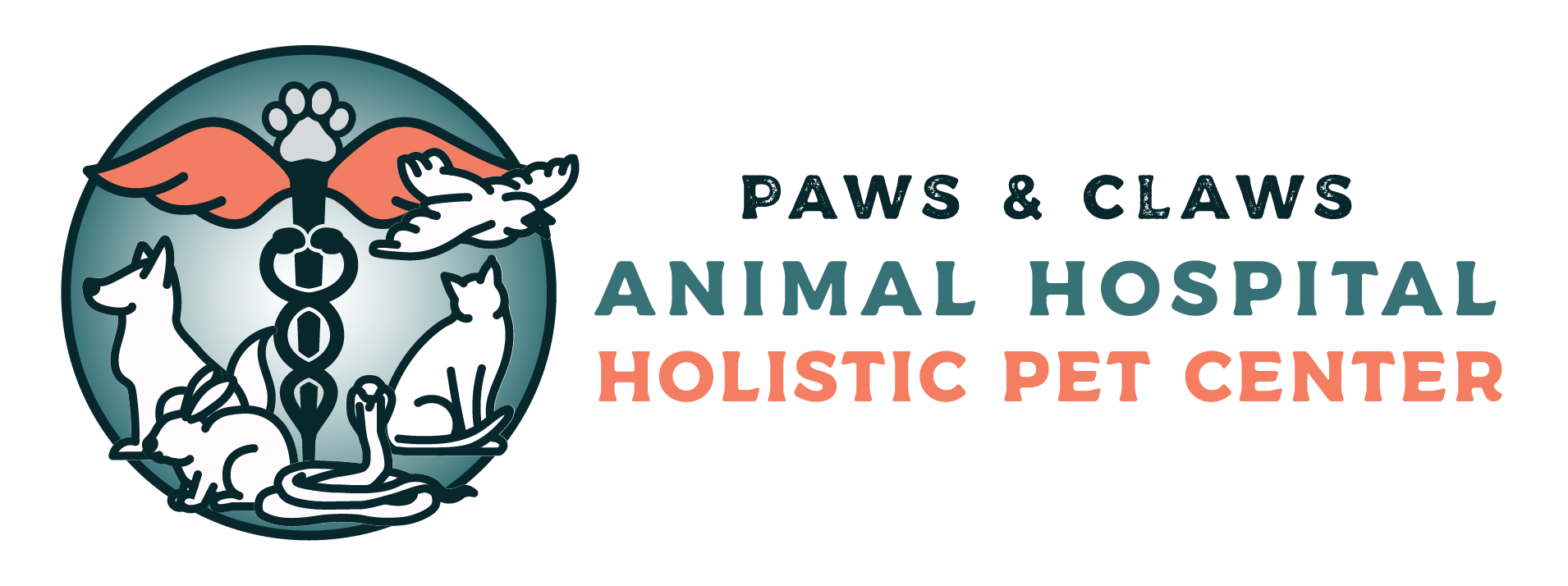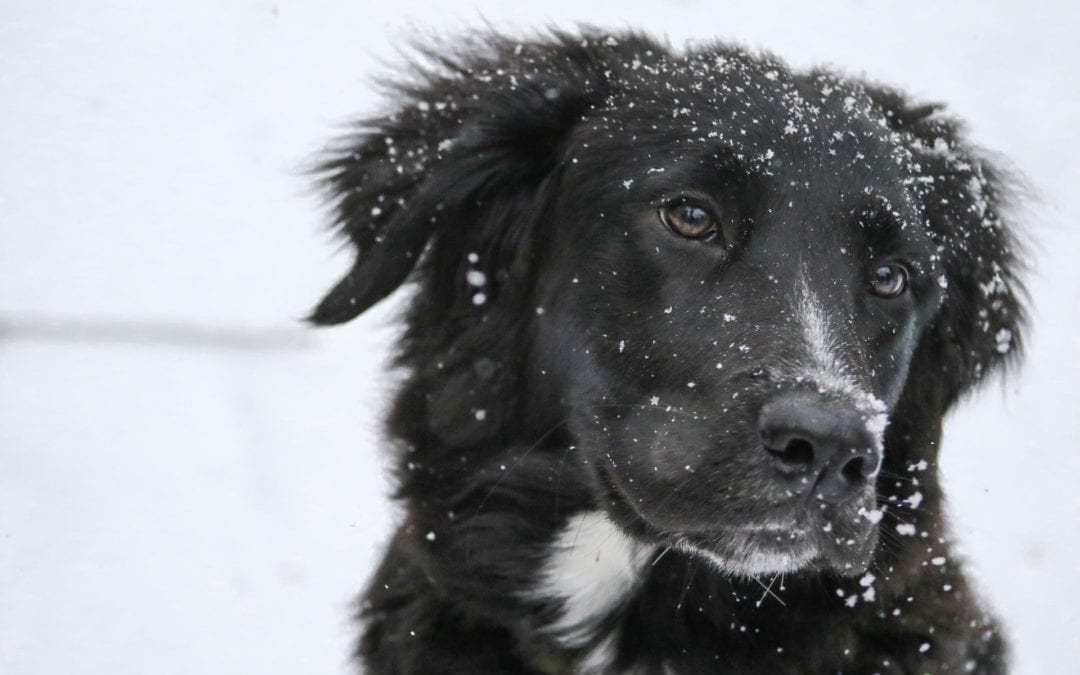1. Maximize your pet’s vitamin D levels. As with people, high levels of vitamin D are critical to minimize infectious diseases (including coronavirus!) A simple and inexpensive blood test will let you know how much vitamin D to give your pet (pets don’t make vitamin D from sunlight and need supplementation.) In my research, over 90% of pets in North Texas have low levels of vitamin D, predisposing them to infections and cancer.
2. Minimize time outdoors. If it’s too cold for you it’s too cold for your pets.
3. Have titer testing done. Titer testing replaces most vaccines and ensures your pet has immunity against most common infectious diseases.
4. Be careful with holidays. Holidays pose risks to pets including overeating, eating “people” food and treats, noise and anxiety, and toxicity from holiday decorations and chocolate. Talk with your veterinarian about ensuring a safe holiday for your pets.
5. Don’t neglect your pet’s care this winter. Even though we’re usually busy with holiday tasks, don’t forget to take time to update your pet’s preventive care. Titer testing, refilling supplements, and having necessary procedures such as dental treatment are best done when you have free time, and the holidays usually offers a break from work and more time to take care of your health needs as well as your pet’s.
Winter can be fun and safe for your pets with proper planning and disease prevention using the tips I’ve shared here.
Give us a call at 972-867-8800 or shoot us an email at pcahvettech@gmail.com so we may better assist you this holiday season!

